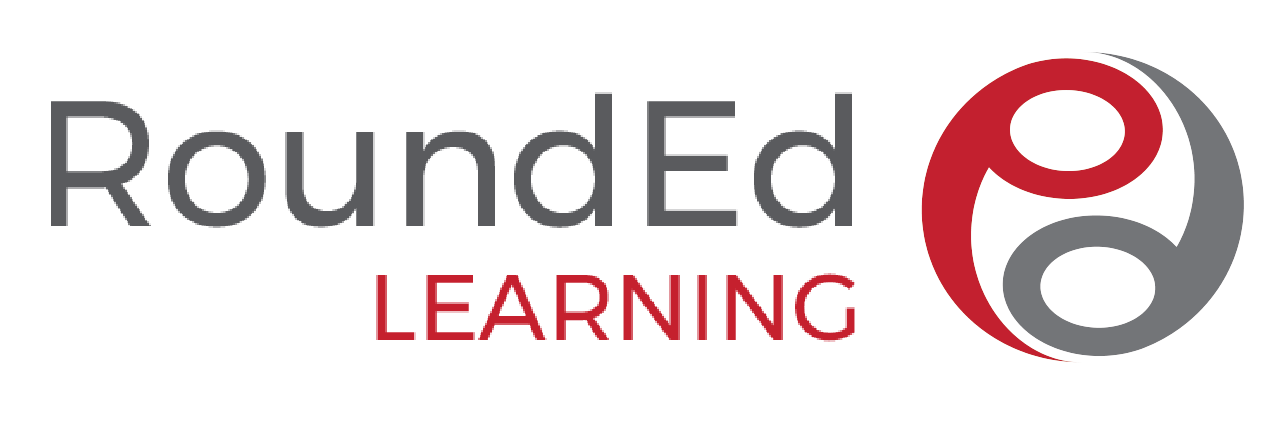Practice Can Lead To Proficiency, but Only If…
Practice is essential to achieve mastery. This is just as true for math as it is for playing the violin or playing tennis. However, not all practice leads to expertise. We can play chess for hours and hours without becoming even a little better because how we practice is more important than how long we practice or how much. Research shows that practicing has to be deliberate for it to result in the acquisition of expertise! In deliberate practice, students are motivated to learn, and not just wanting to be done with homework; they receive immediate feedback with an opportunity to self correct; they monitor their progress towards mastery and work on eliminating mistakes; and they also know what they need to work on in order to reach expertise.
In ProblemScape, each chapter has multiple levels of practice. Students have the freedom to choose the level they need to work on instead of starting with the easiest problems and progressing, sometimes too slowly, to harder problems. Students can skip the levels that they believe they have mastered and go directly to more difficult problems. Repeated mistakes will, however, lock the level, and they would need to complete the previous level to unlock it. In addition to encouraging deliberate practice, giving students control over the problems they practice supports autonomy which is associated with positive learning experience and increased intrinsic motivation.
